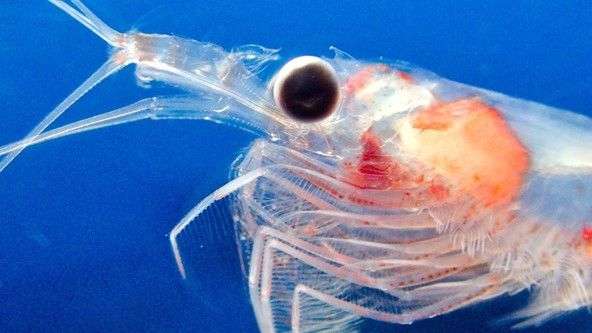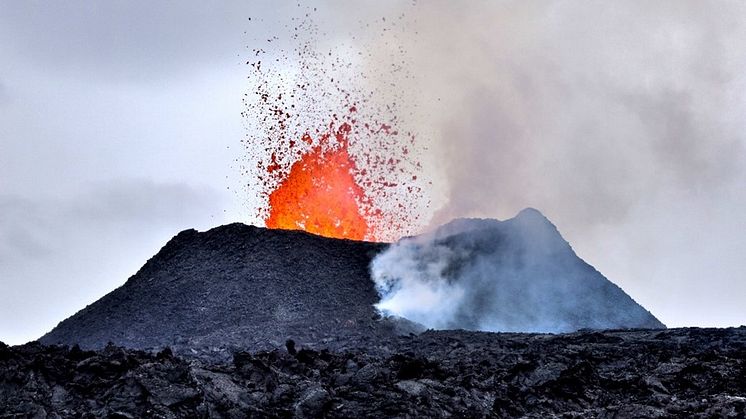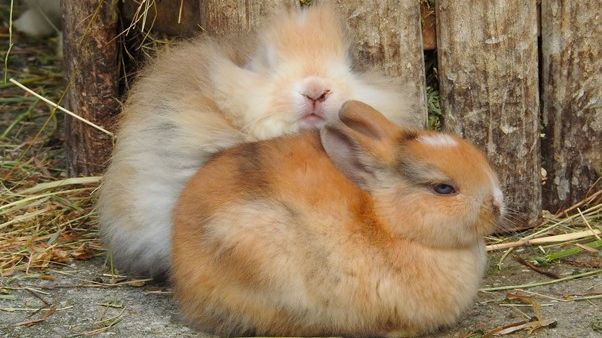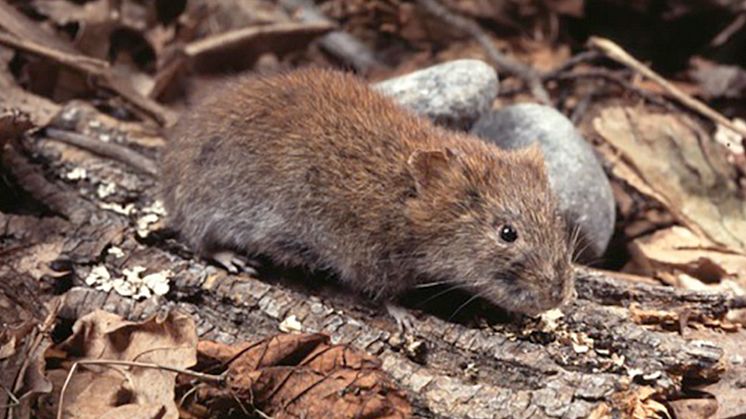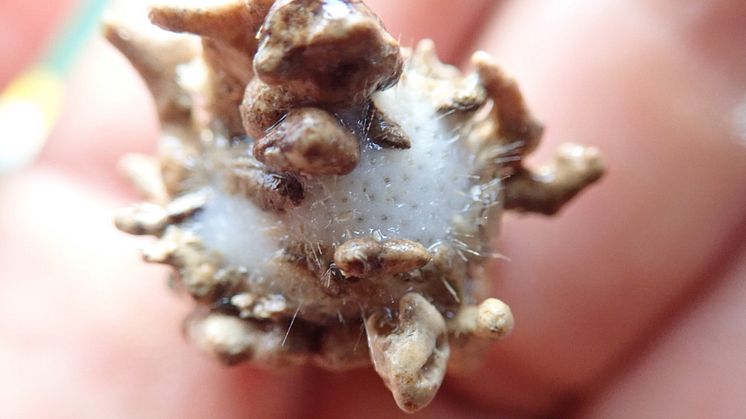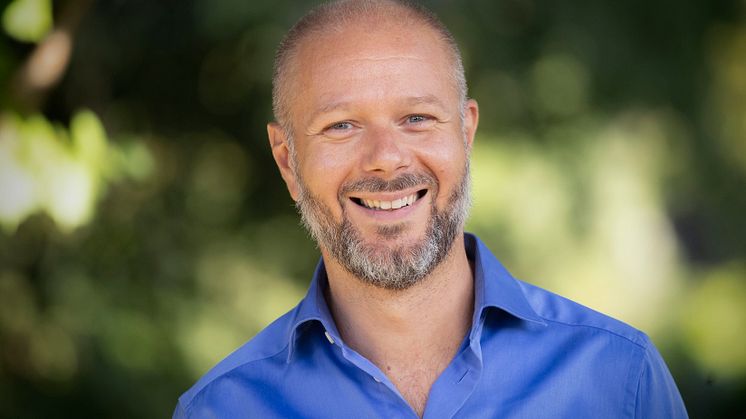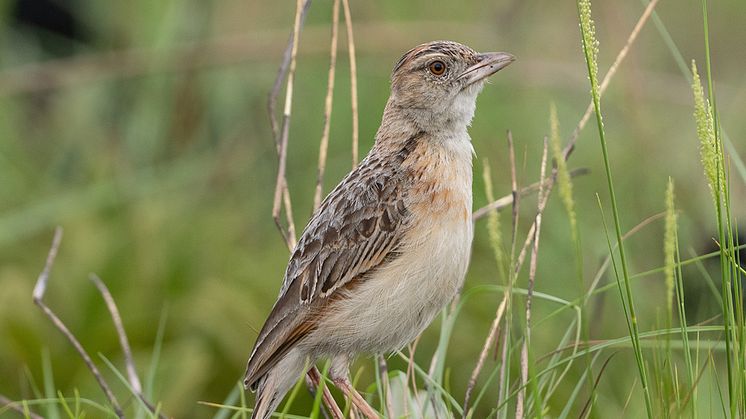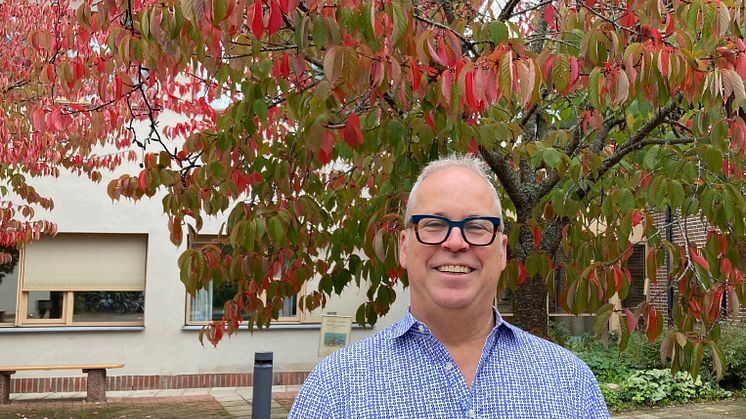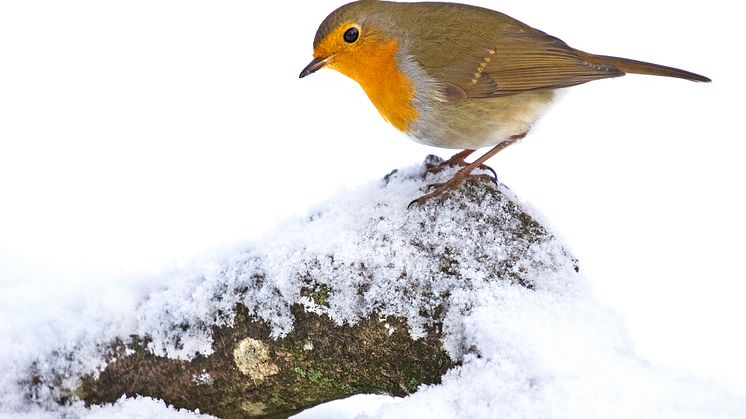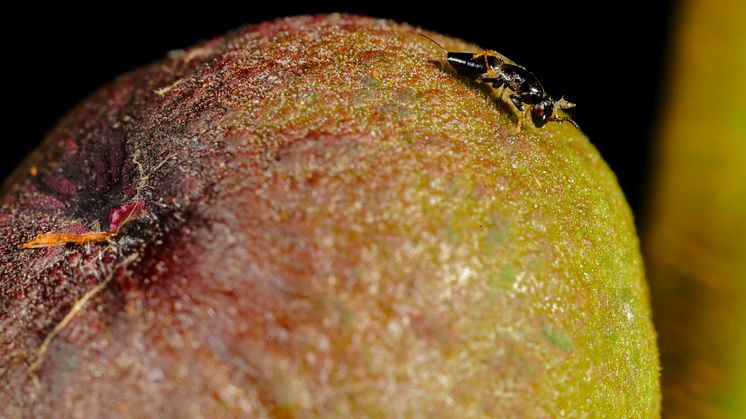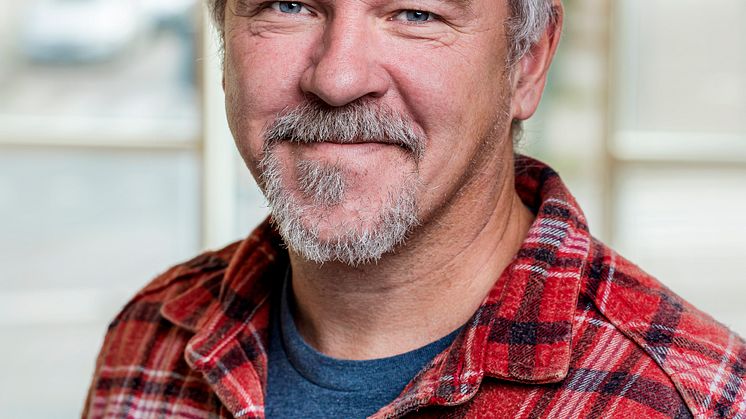Krill provide insights into how marine species can adapt to warmer waters
Krill in our northern waters show how key marine species can adapt genetically to cope with climate change. This is the discovery made by researchers at Uppsala University in collaboration with an international research group. According to the researchers, their study, published in Nature Communications, provides important knowledge that can help protect marine ecosystems when the climate changes.
